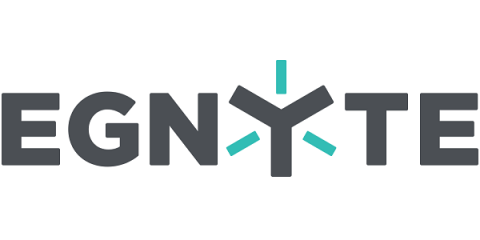Unpatched Vulnerabilities Caused Breaches in 27% of Orgs, Finds Study
In May 2019, Verizon Enterprise released the 12th edition of its Data Breach Investigations Report (DBIR). Researchers analyzed a total of 41,686 security incidents, of which there were 2,013 data breaches, for the publication. More than half (52 percent) of those reported breaches involved some form of hacking. The report listed the most prominent hacking variety and vector combinations, with “vulnerability exploitation” making the top three.










